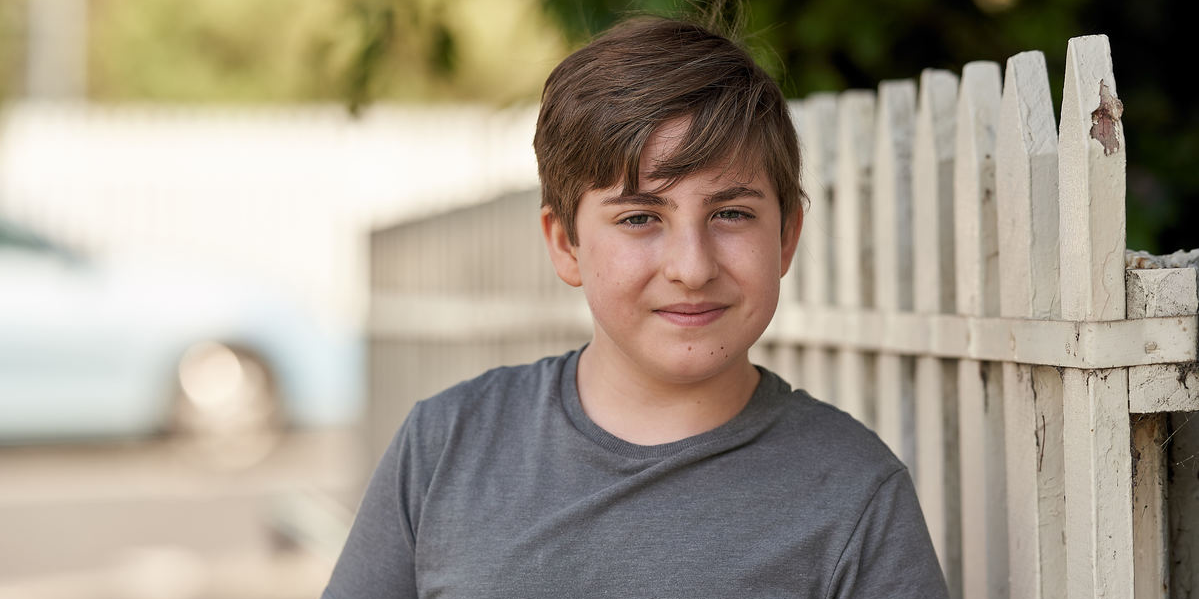
A recent Orygen study has found that cognitive difficulties are widespread among young people with mental ill-health, however, a significant proportion of them are not receiving the necessary targeted mental health treatment to address their cognitive functioning.
Cognitive functioning refers to how the brain processes and uses information, including the ability to think, remember, concentrate, solve problems, and communicate effectively.
Published in Early Intervention in Psychiatry, researchers used an online survey conducted from December 2020 to August 2022 to gather data from young people aged 12-25 in Australia who had received or were currently receiving mental health support.
A youth advisory group helped design and pilot the survey to gather young people's perspectives on cognitive functioning and treatment preferences.
Associate Professor Kelly Allott, co-author of the study, said, "70 per cent of young people with mental ill-health reported experiencing cognitive difficulties. However, only less than one third of these young people had received any treatment specifically designed to address their cognitive abilities".
“This suggests that there is a significant gap in the provision of mental health services for these young people. There are many effective treatments available, but few that target cognitive difficulties.
“This is a major problem, as cognitive challenges can have a significant impact on a young person's ability to function in school, work, and relationships,” she said.
In line with the study's findings, young people with mental illness considered cognitive functioning to be an important area for treatment.
Co-author Shayden Bryce said, "Young people acknowledged the impact of cognitive difficulties on their functional recovery and expressed the need for targeted interventions in this area".
“It is therefore crucial that mental health services prioritise cognitive health interventions to meet the needs and aspirations of these young individuals.
“Understanding the treatment priorities of young people can help in planning and delivering effective mental health interventions specific to their cognitive needs,” he said.
The study identified potential cognitive treatments that young people were willing to try, such as compensatory training, sleep interventions, psychoeducation, cognitive strengths-based treatment, and exercise.
"The study's findings, influenced by the lived experiences of young people, highlight the crucial need for the right interventions to treat and support cognitive functioning among young people with mental ill-health,” Associate Professor Allott said.
“These insights can guide the development and delivery of targeted cognitive health interventions in youth mental health settings, promoting improved functional recovery outcomes."
Download Orygen’s free cognition and mental health mythbuster here.